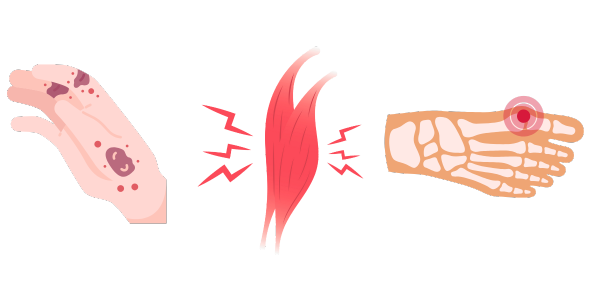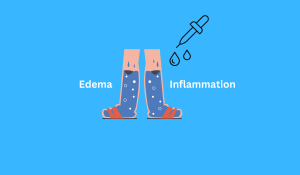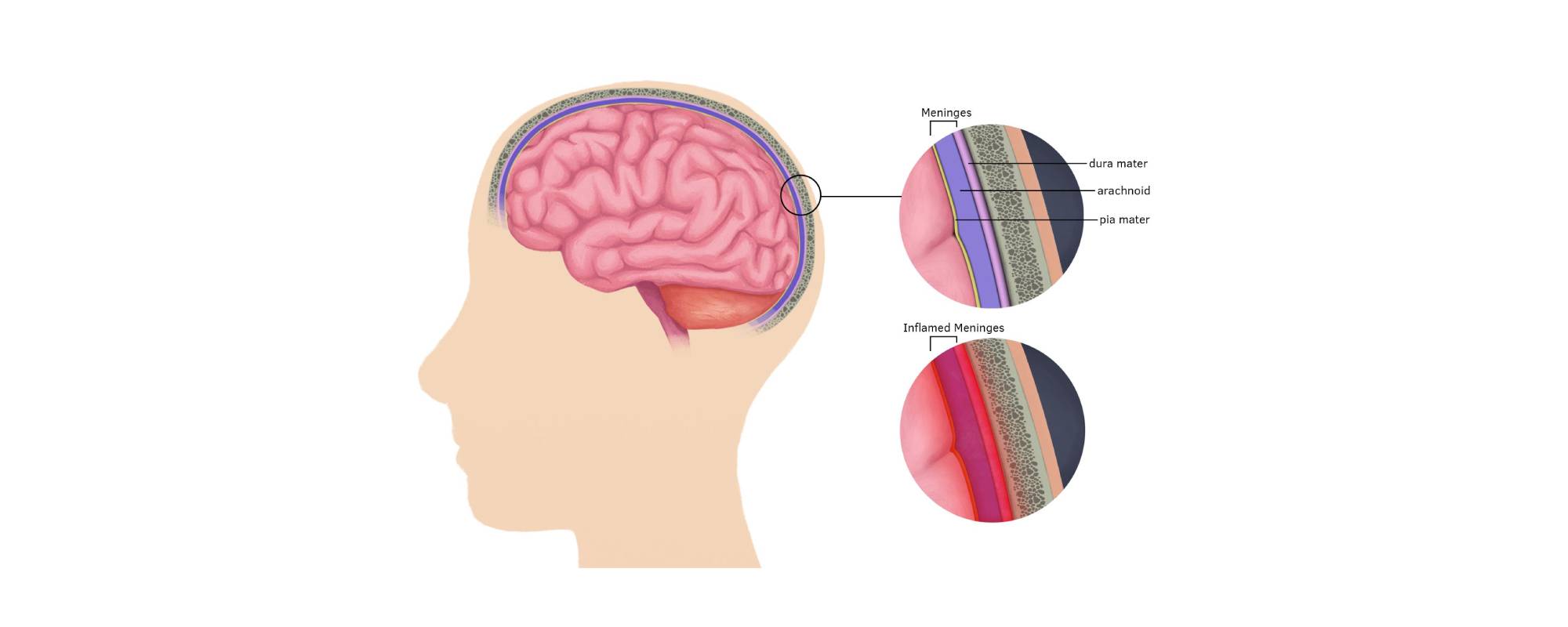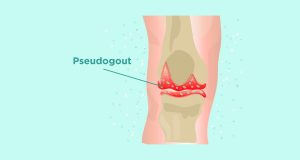Emerging research highlights CBD’s potential in reducing inflammation. Studies indicate that CBD may influence cytokine production—small proteins that play a role in inflammatory responses. Unlike treatments that simply mask symptoms, CBD could address inflammation at its source.

Arthritis Relief: Arthritis impacts over 54 million adults in the U.S. alone. CBD’s anti-inflammatory and pain-relieving properties have shown promise, with some users reporting less pain and improved joint mobility.
Muscle Recovery: Intense workouts often lead to muscle soreness. CBD’s anti-inflammatory effects can help speed up recovery, allowing for a quicker return to exercise routines.
Skin Conditions: Inflammatory skin issues like eczema and psoriasis can benefit from CBD’s anti-inflammatory effects. Topical CBD products may reduce redness, itching, and discomfort at the affected area.
Crohn’s Disease: Crohn’s disease causes severe digestive tract inflammation. Preliminary studies suggest that CBD may help manage intestinal inflammation, potentially offering relief where other treatments may fall short.
Multiple Sclerosis (MS): MS damages nerve cells, causing pain and muscle spasticity. CBD’s neuroprotective qualities might reduce these symptoms, enhancing quality of life for MS patients.
Navigating CBD products can be challenging. Here’s a quick breakdown to help you choose:
Oils and Tinctures: Taken under the tongue, these provide quick relief and are ideal for those needing fast effects.
Topicals: Creams, lotions, and balms with CBD can be applied directly to inflamed areas, delivering targeted relief.
Edibles: CBD-infused gummies, chocolates, and drinks offer a delicious way to consume CBD.
Capsules: A convenient, pre-measured form of CBD that’s easy to include in your routine.
Consider the following when selecting a CBD product:
Starting with a low dose, around 5-10 mg daily, and gradually increasing can help you find the best amount for your needs. Consulting a healthcare provider for personalized guidance is also recommended.
CBD is generally well-tolerated, but some users report side effects:
Traditional anti-inflammatories like NSAIDs often come with side effects, including stomach ulcers and kidney issues. CBD offers a natural alternative with fewer side effects, making it a gentler option.
Research continues to back CBD’s anti-inflammatory effects. A study in the European Journal of Pain found that topical CBD helped reduce pain and inflammation in arthritis. Another study in the Journal of Experimental Medicine showed CBD reduced chronic inflammation and pain in animal studies.
Incorporating CBD can be simple:
When choosing CBD, prioritize:

When various parts of the body experience a buildup of fluid, it may lead to swelling or an edema. This sometimes manifests as tight-feeling skin...
Read More
How Is CBD Different from Other Stomach Pain Conditions? You may remember having stomachaches as a child. These pains can be caused by indigestion, a...
Read More
Meningitis is the term used to describe the inflammation of the fluid surrounding the brain and spinal cord and the meninges, or the membranes, that...
Read More
Recent studies have shown that CBD may help those with hypothyroidism. More generally, many people use CBD for pain and inflammation, which can be significant...
Read More
What Is Graves Dermopathy? Uncontrolled hyperthyroidism can result in a number of unpleasant symptoms such as heart palpitations, panic attacks, waxy skin, and hair loss....
Read More
If you have Graves’ disease, you are likely always searching for ways to return your body to a state of balance. Because Graves’ is an...
Read More
Causes of Pseudogout Unlike regular gout, which is caused by an accumulation of uric acid, pseudogout is the result of the buildup of tiny calcium...
Read More
Graves’ disease is an autoimmune disorder that results in hyperthyroidism or the overproduction of the thyroid hormone. Though several conditions can cause hyperthyroidism, Graves’ disease...
Read More
What Is Uric Acid? Uric acid is the byproduct that occurs when chemicals called purines are broken down in the body. The body naturally produces...
Read More
To some people, gout might sound like an old-time condition like smallpox or consumption. Because it tended to affect older males, it was sometimes referred...
Read More